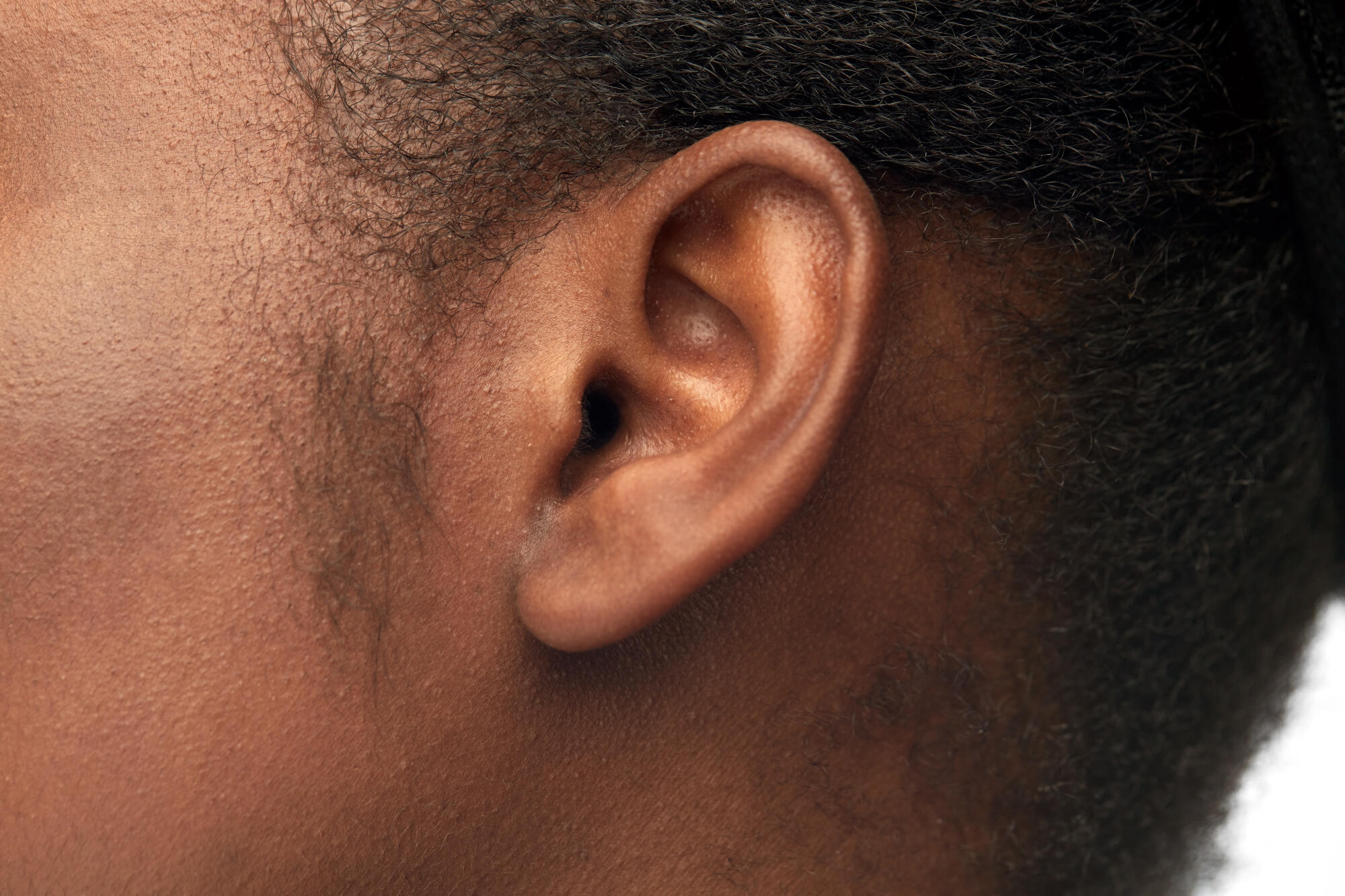
Chronic Pharyngitis Explained: Symptoms and Relief Options

According to a study published on PubMed Central, acute pharyngitis, also called “sore throat,” accounts for about 12 million physician visits yearly. It occurs as a symptom when the pharynx, which is the back of the throat, becomes inflamed. It often lasts up to ten days, typically improving without medical intervention.
However, there are some cases where a sore throat persists for weeks. In such situations, the condition is no longer acute but already chronic. Chronic pharyngitis is a sore throat that doesn’t resolve within ten days or keeps coming back.
To that end, our team at Kiwi Drug created this guide on chronic pharyngitis. Read on to discover its causes, symptoms, and treatment options.
Chronic Pharyngitis Causes
There are many potential culprits behind chronic pharyngitis, including:
- Environmental pollutants
- Allergic rhinitis
- Persistent tonsillitis
- Laryngopharyngeal reflux (LPR)
Let’s explore each one in more detail below.
Environmental Air Pollutants
According to the American Lung Association’s 2024 “State of the Air” report, 39% of the United States’s population, or about 131.2 million people, lives in places with high environmental air pollutant levels.
Environmental air pollutants, particularly smoke and fine particle pollution, are among the most common causes of long-term throat issues, including chronic pharyngitis. They can cause persistent throat inflammation by irritating the throat tissues and weakening the immune system.
Allergic Rhinitis
Allergic rhinitis, also called “hay fever,” affects about 50 million people in the United States, per JAMA Network. It’s an inflammatory condition that causes the immune system to respond aggressively to particles called “allergens.” For most other people, allergens, such as pet dander and pollen, are harmless.
Allergic rhinitis causes the body to release histamines, chemicals that cause the lining of the eyes, nostrils, and sinuses to become inflamed. Sneezing, nasal congestion, itchy throat, and chest tightness are some of the most common hay fever symptoms. So, prolonged allergic rhinitis attacks can lead to or contribute to chronic pharyngitis.
Persistent Tonsillitis
Persistent tonsillitis is a prolonged or recurrent inflammation of the tonsils. Viruses are the most common culprits behind this condition, but allergies (e.g., hay fever) and bacterial and fungal infections may also be to blame.
Since persistent tonsillitis causes chronic tonsil inflammation, it can also cause pharyngitis because it can extend to the throat.
Laryngopharyngeal Reflux (LPR)
LPR is a disorder associated with gastroesophageal reflux disease (GERD). GERD causes digestive acids from the stomach to reach the back of the throat and the nasal airway. Over time, this can irritate the throat tissues so much that chronic pharyngitis may develop.
Chronic Pharyngitis Symptoms
Some of the most common symptoms of chronic pharyngitis are:
- Pain when swallowing
- Difficulty swallowing
- Hoarse voice
- A feeling that something has gotten stuck in your throat
- A scratchy, itchy feeling in the throat
- Swollen neck lymph nodes
- A tickling feeling in the throat
- A weak or tired voice
You may experience the above symptoms for over ten days. They may also appear to go away for a few days only to keep returning.
Chronic Pharyngitis Treatment Options
Chronic sore throat remedies include:
- Gargling with warm saline solutions
- Staying well-hydrated
- Avoiding smoking
- Managing pain with over-the-counter medications, such as paracetamol and acetaminophen
The above treatment options can help relieve the sore throat itself. However, addressing the underlying cause is just as crucial for long-term relief.
Here are the treatment options specific to the underlying cause of chronic pharyngitis.
Environmental Air Pollutants
If you have environmental-caused chronic pharyngitis, then you must minimize your exposure to air pollutants. The U.S. EPA provides several tools for monitoring air quality throughout the United States. Use these tools to determine the air quality in your location before heading out.
If you can’t avoid going out during days with exceptionally high pollution levels, wear N95 or KN95 masks. Their high filtration efficiencies help trap particulate matter and reduce exposure to harmful particles.
Please also pay attention to your home’s indoor air quality (IAQ). Environment+Energy Leader states indoor air can be up to five times more polluted than outdoor air.
Here are some tips to improve your home’s IAQ:
- Vacuum carpets, rugs, and upholstery at least once or twice weekly
- Clean bedding, drapes, curtains, and other fabrics regularly
- Remove clutter
- Change HVAC filters every one to three months, more often if you have pets
You should also hire a licensed plumber to check for and fix leaks. Plumbing leaks raise indoor humidity, making your home more susceptible to molds.
Allergic Rhinitis
Allergen avoidance is one of the most effective strategies for preventing, minimizing, or relieving the symptoms of allergy attacks. The U.S. EPA’s air quality tools can help you monitor your area’s air quality for potential allergens. To minimize allergen exposure, avoid going out on days with high pollen counts or, at the very least, wear high-efficiency masks.
You also have several medication options to relieve allergy symptoms, such as antihistamines and Flonase nasal spray.
Persistent Tonsillitis
The typical treatment for tonsillitis is an intensive course of antibiotics. Because antibiotics are prescription medications, you need a written prescription from a healthcare professional to purchase them.
If your tonsillitis is chronic, recurrent, or particularly severe, your doctor may recommend a tonsillectomy, a relatively minor surgical procedure that involves removing the tonsils.
Laryngopharyngeal Reflux (LPR)
LPR treatment includes lifestyle changes aimed at removing triggers. It can consist of one or more of the following:
- Stress management
- Dietary changes
- Weight loss and management
If the above isn’t sufficient to treat LPR, your doctor may advise you to take proton pump inhibitors, such as omeprazole or esomeprazole magnesium.
Get Relief From Chronic Pharyngitis
Chronic pharyngitis can cause unpleasant symptoms, ranging from difficulty swallowing to a scratchy, itchy throat. Never ignore the signs and indications; seek your doctor’s advice as soon as possible instead. The sooner you do, the sooner you can get expert recommendations, which will likely involve taking over-the-counter or prescription medications.
Once your doctor tells you which medicines to take, consider ordering them from us here at Kiwi Drug. Our online pharmacy, backed by a large pharmacy company that has been in operation for over four decades, can help you save 50% or more on your local drugstore prices.
Browse our allergy, cough, and cold medications to get started!
Related Posts

How Long Does Eye Strain Last?
April 20, 2025